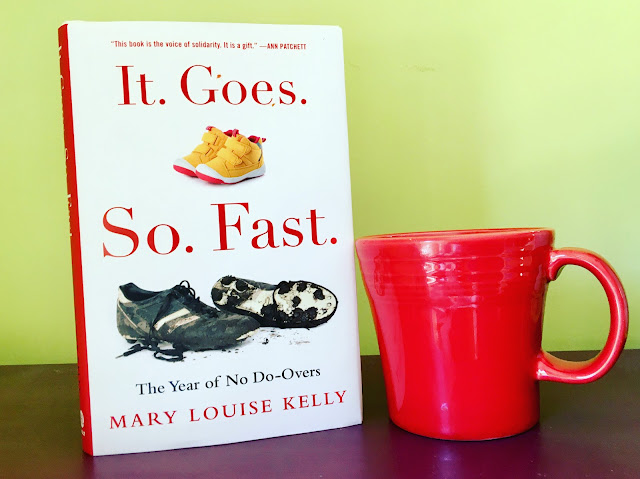A monthly post about what I've been reading.
I had a lot going on in May, so it was a kind of light reading month, especially toward the second half.
Fiction
I picked up What the Dead Know by Laura Lippman at a used bookstore, and I really liked it. It's about the disappearance of two little girls about 20 or so years in the past, told from multiple points of view and shifting back-and-forth between the present and the time of the disappearance, with lots of unreliable narrators along the way. Her style reminded me a bit of Elizabeth George (see below). I'll be looking for more of her books in the future.
Speaking of Elizabeth George, I read her first book, A Great Deliverance, which introduces her detective duo, Inspecter Linley and Sgt. Havers, and also introduces her style of multiple points of view. It's clearly not as strong as her future books, in terms of the character motivation and development and maintaining POV, but I like seeing how authors develop.
Finally, a book that was truly on my book stack, Jennifer Weiner's Then Came You. The premise of this book is what would happen if the egg donor, surrogate, and older sister and future mother of a baby conceived and born through egg donation, in vitro fertilization, and surrogacy were to all meet. The plot that gets them together is somewhat convoluted, and the ending is tied up in a bit too neat of a bow for my taste, but it was an entertaining story that gave a lot to think about with regard to unusual family structures.
Nonfiction
The first book (which is the bottom book), was actually from April, but missed the photo shoot for last month's post. Trusting the River by Jean Aspen follows Aspen and her husband around the US as they travel, meet up with friends and family, and try to figure out what they want their retirement to look like. It's a book about aging, planning, looking back over a long and full life, and enduring terrible loss. I'd read both of Aspen's previous books, Arctic Daughter and Arctic Son about her times in the Alaska wilderness as a young woman and, later, with her second husband and their young son. And I recently discovered her and her husband's documentaries, Arctic Son and Rewilding Kernwood, the first about building their magical homestead in Alaska and the second about restoring it to its natural condition after the loss of their son and the realization that they were getting older and would be unable to maintain it, while meanwhile encroachment on the wilderness by hunters was making the home vulnerable to vandalism. I really admired Aspen's wisdom in both documentaries and was excited to find she'd written another book. The book is lovely and gives a lot to think about, and fills in a lot of the narrative around her life before and after the other two books. I also think it could have benefitted from a good editor, as it meandered a lot. Still, I enjoyed reading about the full trajectory of a fascinating life and I appreciated the intention with which Jean and her husband approached their later years.
Finally, I don't often pick up a book as soon as I hear about it, but after listening to two interviews with Mary Louise Kelly on NPR, I grabbed a copy of It. Goes. So. Fast., about the senior year of her oldest son. The book begins with the realization that this is her last chance to be there for her kids, after years of having to make sacrifices in favor of being an international correspondent and news anchor on All Things Considered. Few motherhood memoirs encompass the teenage years, so I appreciated Kelly going there, and I really appreciated her honesty and her laying bare the challenges she has faced as a mom over the years. It's brave for anyone to do that, but especially so for a public figure. I also love the new life philosophy I got from the book, to whit: "Why should things be easy when they can be difficult?" Amen, sister.


No comments:
Post a Comment
Note: Only a member of this blog may post a comment.